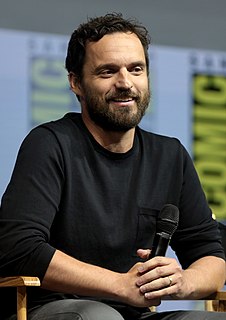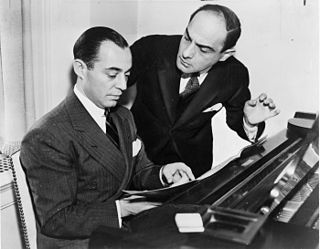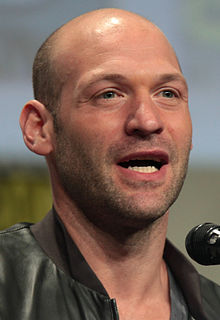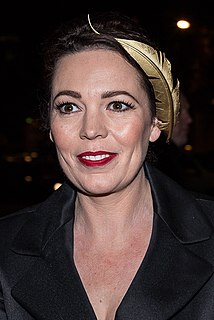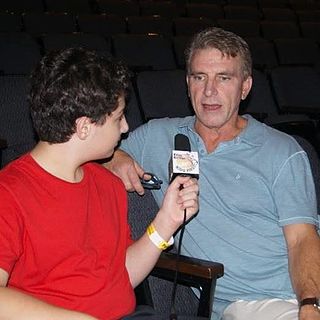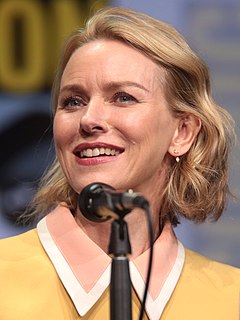A Quote by Jesse Eisenberg
As an actor, you are in a unique position because you're not only memorizing dialogue but really embodying it. You naturally feel the rhythm of good writing.
Related Quotes
When you're doing those operation scenes, you not only have to be on top of the dialogue and the rhythm of the dialogue and what's happening dramatically, but you've got to technically get the rhythm right, so that everything is fitting with the dialogue at the right time. And you're performing the operation to the audience that's watching it. Thackery has to present it, as well. In some ways, that's the most challenging.
I'm a great believer in conversational rhythm. I think in terms of rhythmic dialogue. It's so easy, you can talk naturally. It's like peas rolling off a knife. Take the great screen actors and actresses, Bette Davis, Eddie Robinson, Jimmy Cagney, Spencer Tracy. They all talk in rhythm. And rhythm and movement are the life of the screen.
If the script's good, everything you need is in there. I just try and feel it, and do it honestly. I also don't learn things for auditions, because I feel like it's just a test of memorizing rather than being real. Maybe every other actor would think that was terrible, I don't know. But it seems to have worked for me, so far.


